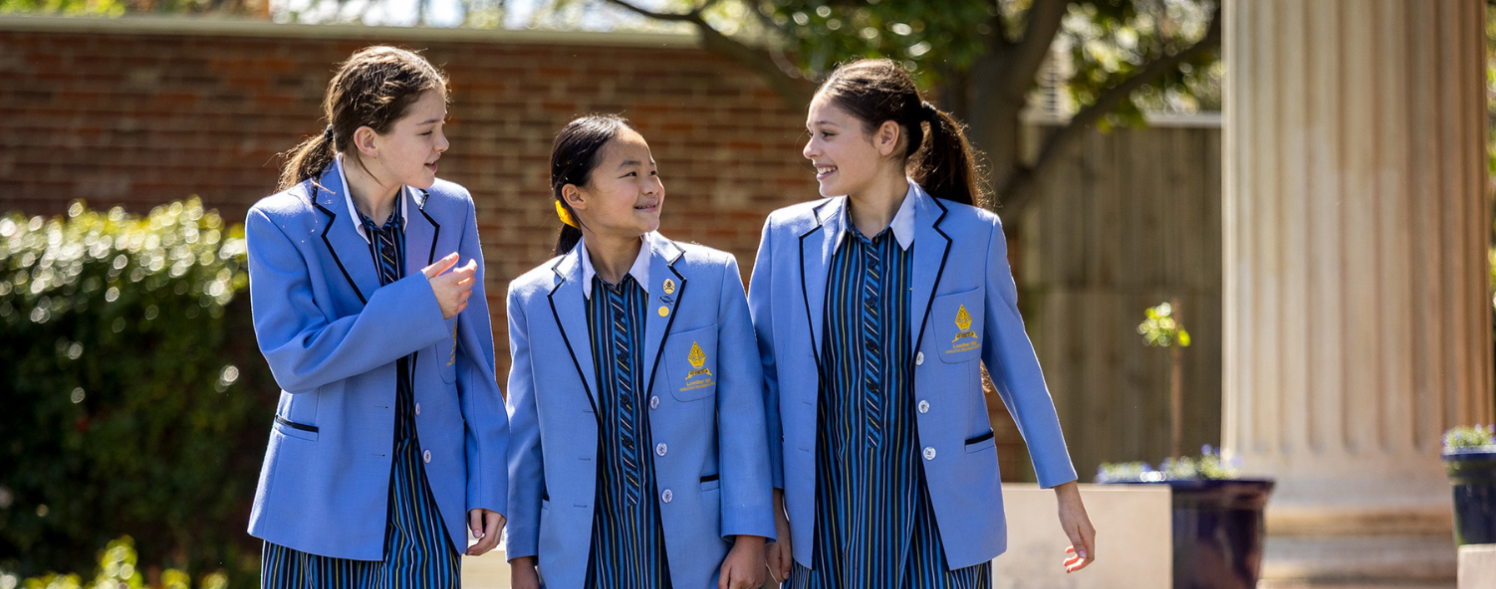
05 Feb, 2025
News

04 Dec, 2025
News
We are delighted to be recognised among Victoria’s Top 20 Independent Schools in the 2025 NAPLAN results.

05 Feb, 2025
News
No events at the moment. Please check later.